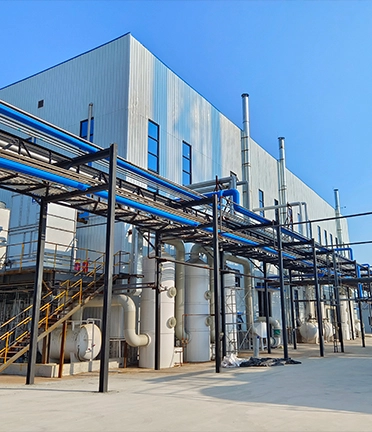scale inhibitor
Understanding Scale Inhibitors Their Importance and Functionality
Scale formation in industrial processes and water systems is an ever-present challenge that can lead to significant operational inefficiencies and increased maintenance costs. This is where scale inhibitors come into play. These chemical additives are designed to prevent the formation of scale, which consists of mineral deposits that can accumulate on surfaces in contact with water. Common examples of scale include calcium carbonate, gypsum, and silica.
Scale inhibitors function through several mechanisms. Firstly, they alter the crystallization process of mineral deposits, slowing down the growth of crystals or preventing them from forming altogether. This is primarily achieved by modifying the supersaturation levels in the solution, thereby destabilizing the crystalline structure. For instance, phosphonates and polyacrylic acids are commonly used in various industries due to their effectiveness at interfering with crystal growth.
Secondly, many scale inhibitors work by creating a barrier that prevents mineral deposits from adhering to surfaces. This is particularly useful in systems where water flow is critical, such as in cooling towers, boilers, and heat exchangers. By minimizing adhesion, these inhibitors not only reduce the quantity of scale formed but also prolong equipment life and maintain optimal thermal efficiencies.
scale inhibitor

The selection of an appropriate scale inhibitor is crucial and depends on various factors including the specific water chemistry, temperature, and pressure conditions of the system. Different inhibitors have varying degrees of effectiveness against different types of scales. For example, some inhibitors may work better on calcium-based scales, while others might be more effective against silicates. Therefore, a thorough analysis of the water chemistry is essential to choose the right inhibitor for a particular situation.
Moreover, the environmental implications of using scale inhibitors cannot be overlooked. Many industries are leaning towards more sustainable practices, prompting the development of greener chemical alternatives. Non-toxic, biodegradable scale inhibitors are gaining popularity, particularly in sectors like oil and gas where environmental regulations are stringent.
The application of scale inhibitors is widespread across a variety of industries, from water treatment to oil and gas extraction, and even in food processing. In cooling systems, for example, the use of scale inhibitors can lead to significant energy savings by maintaining the efficiency of heat exchange processes. In oil and gas applications, they help maintain flow rates and reduce downtime caused by scale-related issues.
In conclusion, scale inhibitors play an essential role in managing mineral deposits in various industrial applications. By preventing scale formation, they not only enhance operational efficiency and reduce maintenance costs but also support environmentally friendly practices. As technology advances, the development of more effective and sustainable scale inhibitors will continue to shape industries worldwide, making them integral to the future of resource management and conservation.
-
Water Treatment with Flocculant Water TreatmentNewsJun.12,2025
-
Polymaleic AnhydrideNewsJun.12,2025
-
Polyaspartic AcidNewsJun.12,2025
-
Enhance Industrial Processes with IsothiazolinonesNewsJun.12,2025
-
Enhance Industrial Processes with PBTCA SolutionsNewsJun.12,2025
-
Dodecyldimethylbenzylammonium Chloride SolutionsNewsJun.12,2025





